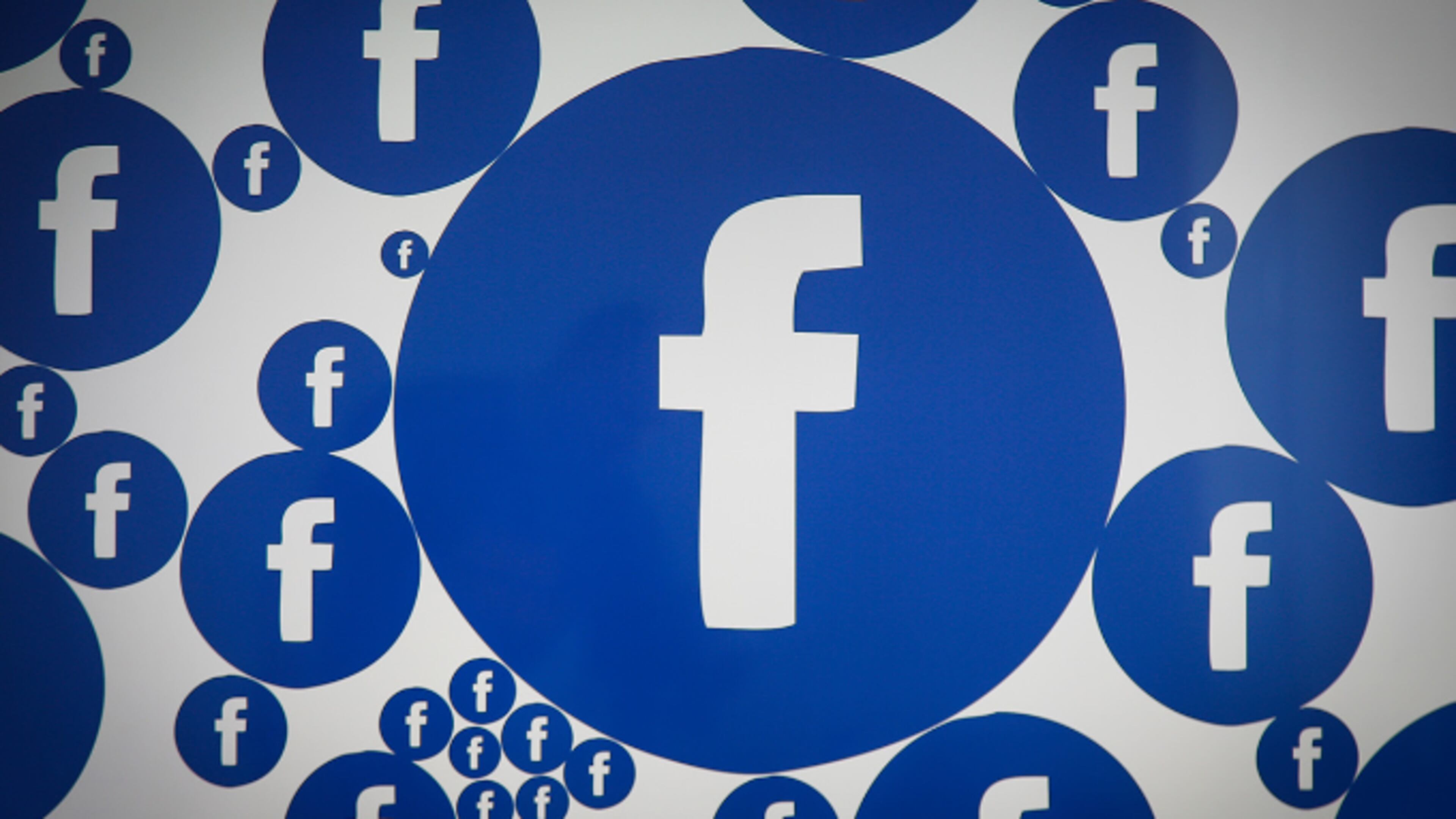Facebook accused of helping advertisers target ‘insecure’ teens

Facebook is doing damage control after a new report suggests the company helped advertisers target teens based on their emotional state.
» RELATED: ‘10 concerts’ Facebook meme may reveal answer to security questions, professor says
A 23-page leaked report from an Australian newspaper included a presentation with a bank that showed Facebook's ability to identify when young users are feeling especially insecure, stressed, anxious or overwhelmed and outlined "moments when young people need a confidence boost," the paper reported.
“Anticipatory emotions are more likely to be expressed early in the week, while reflective emotions increase on the weekend. Monday to Thursday is about building confidence; the weekend is for broadcasting achievements,” authors of the report wrote.
According to Forbes, parts of the document written by Facebook employees Andy Sinn and David Fernandez focused on body image and weight loss and how image-recognition tools are used on Instagram and Facebook.
» RELATED: The more you use Facebook, the worse you feel, study says
The Australian paper argued the world’s biggest social network is collecting “psychological insights” on teens based on internal Facebook data.
In response to the criticism, Facebook said it does not target anyone based on their emotional state and someone feeling depressed would not receive different ads compared to someone feeling happy.
“We have opened an investigation to understand the process failure and improve our oversight. We will undertake disciplinary and other processes as appropriate,” Facebook told the paper.
Later, the company released a separate statement:
“On May 1, 2017, The Australian posted a story regarding research done by Facebook and subsequently shared with an advertiser. The premise of the article is misleading. Facebook does not offer tools to target people based on their emotional state.
The analysis done by an Australian researcher was intended to help marketers understand how people express themselves on Facebook. It was never used to target ads and was based on data that was anonymous and aggregated.
Facebook has an established process to review the research we perform. This research did not follow that process, and we are reviewing the details to correct the oversight.”
This isn’t the first time Facebook has been in hot water for targeting users.
In 2014, according to MarketWatch, Facebook targeted nearly 700,000 users without their knowledge as part of a psychological experiment to determine if their emotional state changed based on how much positive or negative content they consumed on their news feeds.
More Stories
The Latest


